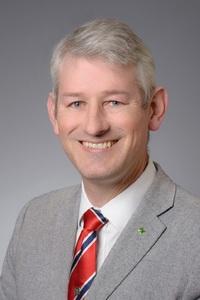The objective of this work is to generate new fundamental science that enables the operation of cyber-physical systems through complex environments. Predicting how a system will behave in the future requires more computing power if that system is complex. Navigating through environments with many obstacles could require significant computing time, which may delay the issue of decisions that have to be made by the on-board algorithms. Fortunately, systems do not always need the most accurate model to predict their behavior. This project develops new theory for deciding between the best model to use when making a decision in real time. The approach involves switching between different predictive models of the system, depending on the computational burden of the associated controller, and the accuracy that the predictive model provides. These tools will pave the way for more kinds of aircraft to navigate closely and safely with one another through the National Air Space (NAS), including Unmanned Air Systems (UAS).
The results from this project will enable more accurate and faster trajectory synthesis for controllers with nonlinear plants, or nonlinear constraints that encode obstacles. The approach utilizes hybrid control to switch between models whose accuracy is normalized
by their computational burden of predictive control methods. This synergistic approach enables computationally-aware cyber-physical systems (CPSs), in which model accuracy can be jointly considered with computational requirements. The project advances the knowledge on modeling, analysis, and design of CPSs that utilize predictive methods for trajectory synthesis under constraints in real-time cyber-physical systems. The results will include methods for the design of algorithms that adapt to the computational limitations of autonomous and semi-autonomous systems while satisfying stringent timing and safety requirements. With these methods come new tools to account for computational capabilities in real-time, and new hybrid feedback algorithms and prediction schemes that exploit computational capabilities to arrive at more accurate predictions within the time constraints. The algorithms will be modeled in terms of hybrid dynamical systems, to guarantee dynamical properties of interest. The problem space will draw from models of UAS in the NAS.
Off
University of Arizona
Jonathan Sprinkle
-
National Science Foundation
 Submitted by Jonathan Sprinkle on April 25th, 2016
Submitted by Jonathan Sprinkle on April 25th, 2016